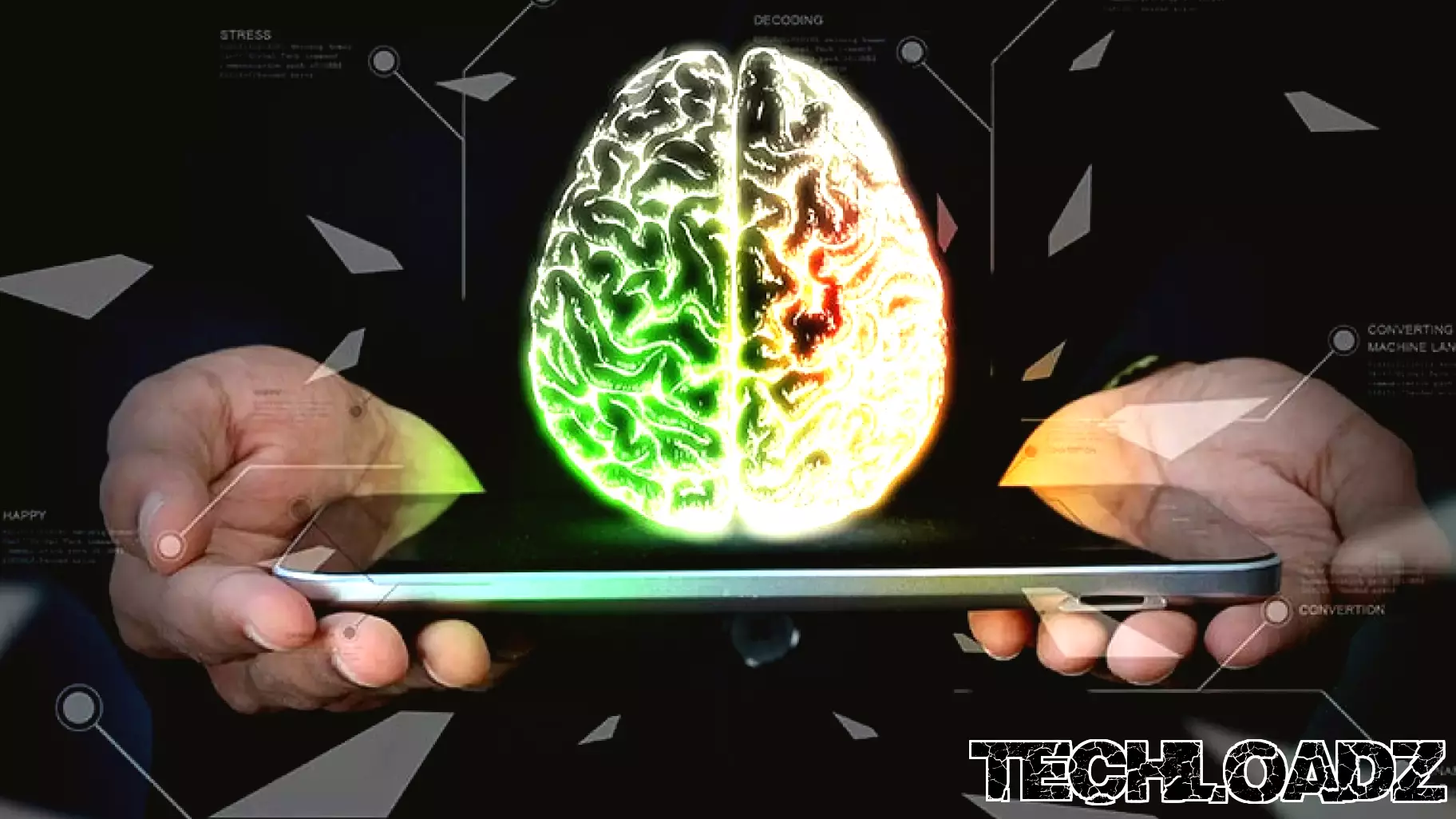The Dual Nature of Digital Technology on Cognitive Health
April 29, 2025 - 20:28

Digital technology plays a significant role in shaping our cognitive health, acting as both a beneficial tool and a potential hindrance. On one hand, technology offers vast resources for learning, communication, and cognitive enhancement through various applications and platforms. These tools can promote mental agility, facilitate knowledge acquisition, and foster social connections that are essential for emotional well-being.
Conversely, excessive reliance on digital devices can lead to cognitive decline, with studies suggesting that overuse may result in diminished attention spans, memory issues, and increased anxiety levels. The challenge lies in navigating this complex landscape to harness the positive aspects while mitigating the negative impacts.
Clinicians are now tasked with guiding patients in finding this balance. By promoting healthy technology habits, such as setting usage limits, encouraging offline activities, and emphasizing the importance of face-to-face interactions, healthcare professionals can help individuals maximize the cognitive benefits of technology while safeguarding against its potential drawbacks. This balanced approach is crucial for fostering a healthier relationship with the digital world.
MORE NEWS

February 6, 2026 - 06:27
Amazon Plans to Spend $200 Billion on A.I. and Other Projects This YearAmazon has announced an unprecedented capital expenditure plan, earmarking approximately $200 billion for the coming year. The colossal investment will focus heavily on artificial intelligence...

February 5, 2026 - 21:35
ICG leverages technology, creative leadership, and core values to deliver cutting-edge communicationsIntegrity Communications Group (ICG), a prominent £70-million print and communications enterprise serving a global clientele, is defining its market position through a strategic fusion of advanced...

February 5, 2026 - 04:05
Seagate Technology Holdings PLC (STX) Hit a 52 Week High, Can the Run Continue?Shares of Seagate Technology Holdings PLC (STX) surged to a fresh 52-week peak in recent trading, buoyed by a wave of renewed investor optimism. This rally has market participants scrutinizing...

February 4, 2026 - 02:52
Legal Software Stocks Plunge as Anthropic Releases New AI ToolA new wave of selling pressure hit legal technology stocks on Tuesday, following the highly anticipated release of a sophisticated artificial intelligence tool from leading AI research company...